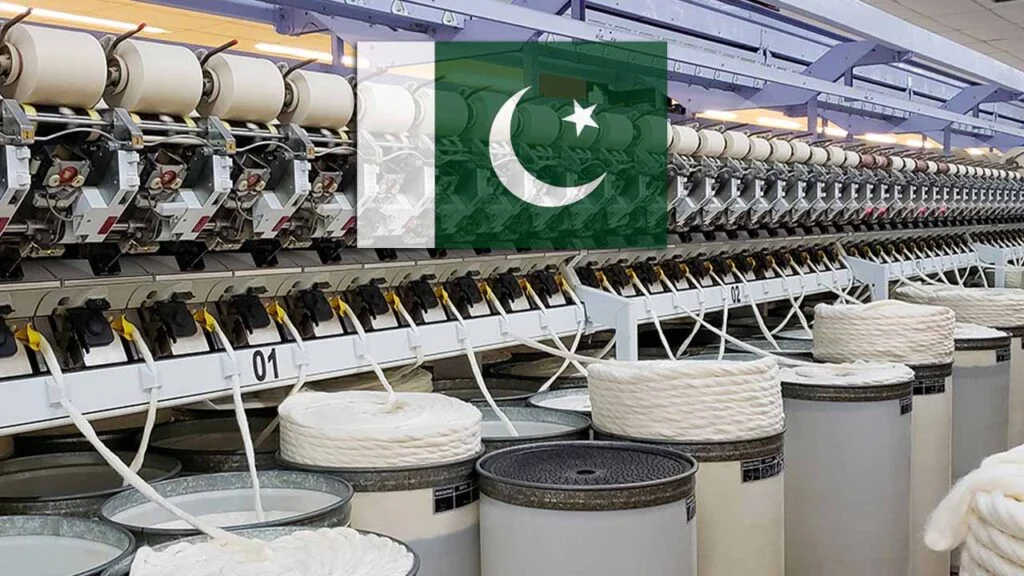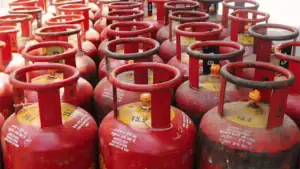Islamabad, Mar 17 2025: Pakistan’s Large-Scale Manufacturing (LSM) sector recorded a contraction of 1.78 percent during the first seven months (July–January) of the fiscal year 2024-25 (FY25) compared to the same period last year, according to the latest data released by the Pakistan Bureau of Statistics (PBS).
The LSMI output for January 2025 showed a slight decline of 1.22 percent compared to January 2024 but marked a 2.09 percent increase compared to December 2024.
Indicating some recovery in industrial production on a month-to-month basis.
The provisional quantum indices for Large-Scale Manufacturing (LSM) Industries (LSMI) for January 2025 have been compiled using data provided by various sources.
Including the Oil Companies Advisory Council (OCAC), the Ministry of Industries and Production, the Ministry of Commerce, and provincial Bureaus of Statistics (BoS).
READ MORE:
Government Likely to Present Budget 2026 before June to Gain IMF ApprovalThe Quantum Index Number (QIM) for January 2025 is estimated at 129.86, while for the July–January period of FY25, it stands at 114.70, reflecting a slowdown in overall industrial activity.
The key contributors to the overall negative growth of -1.78 percent include contractions in several major industries:
- Food (-0.47%)
- Cement (-0.46%)
- Iron & Steel Products (-0.57%)
- Electrical Equipment (-0.55%)
- Machinery & Equipment (-0.14%)
- Furniture (-2.16%)
However, some sectors showed positive growth, helping offset some of the decline. These include:
- Tobacco (+0.25%)
- Textile (+0.34%)
- Garments (+1.55%)
- Petroleum Products (+0.17%)
- Automobiles (+0.74%)
A year-on-year comparison of the July–January period between FY24 and FY25 reveals that industries such as Tobacco, Textile, Garments, Automobiles, and Other Transport Equipment have expanded.
Meanwhile, Food, Chemical Products, Non-Metallic Mineral Products, Iron & Steel, Electrical Equipment, Machinery & Equipment, and Furniture have experienced declines, leading to an overall negative trend.
The LSM sector remains a crucial indicator of Pakistan’s economic health, and while some industries are showing resilience, the broader slowdown highlights ongoing challenges in the industrial sector.
If economic reforms and industrial policies do not address these contractions, sustained negative growth could impact employment and overall economic stability in the coming months.









